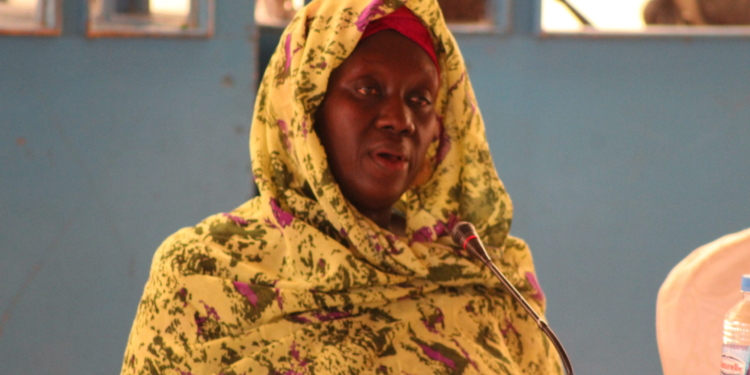By Mary Mam Degen Fye
Former President Yahya Jammeh, one of the word’s most eccentric and ruthless leaders, was known for his bizarre actions and views. In 2007, he claimed that he could cure Aids using a herbal concoction. He also claimed that he could heal infertile women. He had scant respect for human rights and freedom of expression, and celebrated the Muslim Eid festival in 2013 by ordering the execution of all prisoners on death row in his country, ending a 27-year moratorium on capital punishment.
It must not have come as a surprise to many Gambians when their president in 2009 invited “witch-hunters” to identify “witches and wizards” among his people. Unconfirmed reports claimed that the witch-hunt was prompted by the death of his aunt, whom he believed had been bewitched.
As was normal for Jammeh, he had no concern about how his arbitrary and strange actions and directives affected the people. According to Amnesty International, up to 1,000 people were forced from their villages and transported to secret locations across The Gambia. They were made to drink concoctions that in many cases led to hallucinations. The resultant complications, including kidney failure, were said to have caused several deaths.
Apart from the health complications, those who were so publicly arrested were left to live with the stigma of being labelled witches and wizards when they went back home.
Tabara Jobe fell victim to the witch-hunt when her curiosity led her outdoors to see what the “doctors” had come to do in her village, Essau, in the North Bank region.
A man dressed in red and carrying a mirror approached her. He was dancing and prancing around, and was escorted by government guards. “He pointed his stick at me and the guards told me to follow them.”
She joined several villagers gathered under a tree in the centre of the village. “We stood there for about five hours as they brought more people. They then put us in a bus and took us to Fort Bullen,” said Tabara.
They were then transferred to Kololi in Kanifing municipality, where they were forced to drink concoctions and chew leaves and sticks.
“I did what I was told because I was scared. I had seen the guards beat the people who tried to resist,” said Tabara.
She did not know that worse was to come when she returned home.
“The car dropped me off on the way and I had to walk home. As I passed the market everyone stood up to look at me. My sister and mother told me our neighbours were saying terrible things about me. Everything changed for me. When I attend community events, people stare at me and talk about witchcraft. People avoid me. Nobody is willing to even braid my hair – they always give an excuse. My health has also not been the same and I have become sickly.”
“I felt relieved after testifying before the Truth, Reconciliation and Reparations Commission (TRRC). I used to wake up at night, thinking about how I was shamed. People stare at me. When I attend community events, I sit alone. People are scared of me.”
Lamin Ceesay, another witch-hunt victim from Essau, remembers how his parents called him to inform him that Green Youths and witch doctors had come to take them to the Bantaba, the village square.
“I found my parents sitting on the ground. I heard they were going to be taken to Banjul on a bus that was parked nearby,” said Lamin.
When he tried to stop the officers from taking away his old parents, he was accused of opposing President Jammeh.
“They started beating me with their guns and kicking me with their boots.”
He was thrown into the bus together with about 60 other people and taken to Fort Bullen. Lamin said he was released after about five hours. Although he was not forced to drink any concoction, he was thoroughly beaten and suffered a slipped disc, which he said had since evolved to become a chronic health problem.
He said his parents were shamed and stigmatised. “My father was about 95 years old and my mother was in her late 80s. They were not witches, but being taken to the Bantaba like that, it was a lot of shame for them.”
In addition to the stigma to his family, soldiers threatened to lock up Lamin, accusing him of opposing Jammeh.
Several witnesses testified before the commission about their ordeals during the witch-hunt of 2009. The accounts of the victims of President Jammeh’s witch-hunt showed that they continue to face stigma, rejection, and exclusion.







